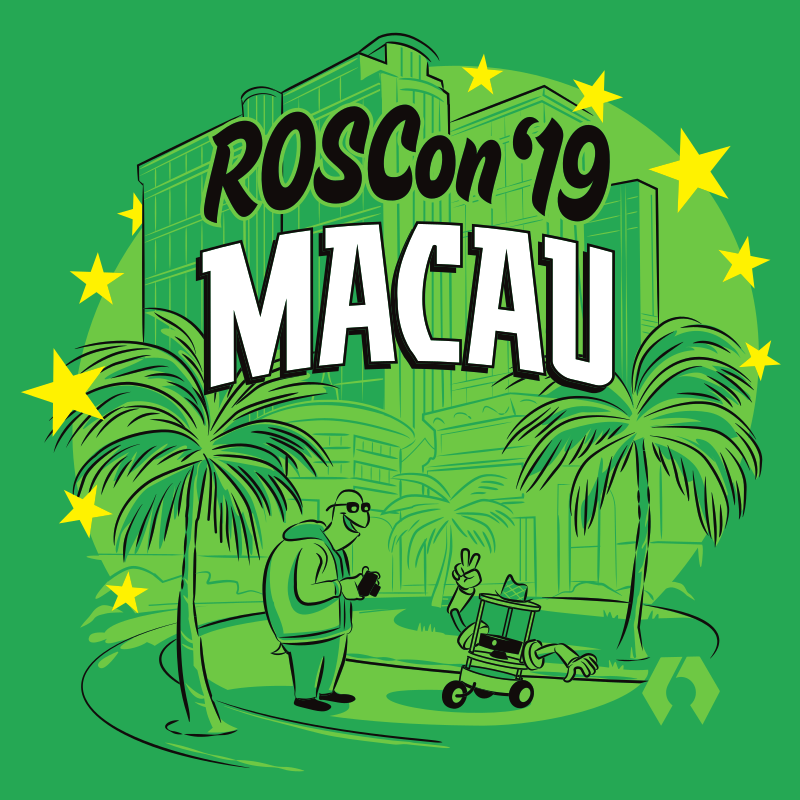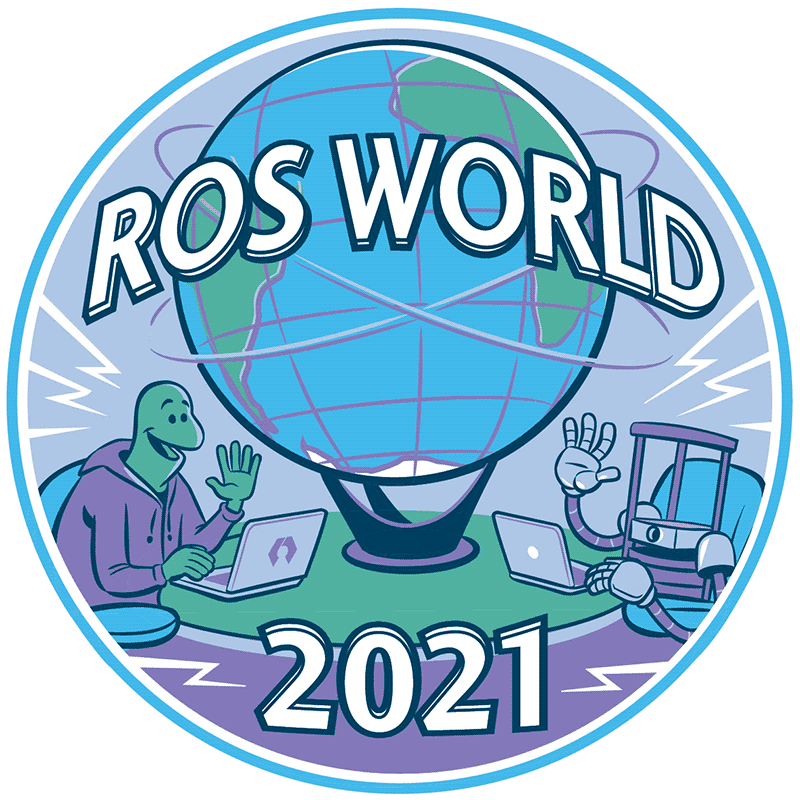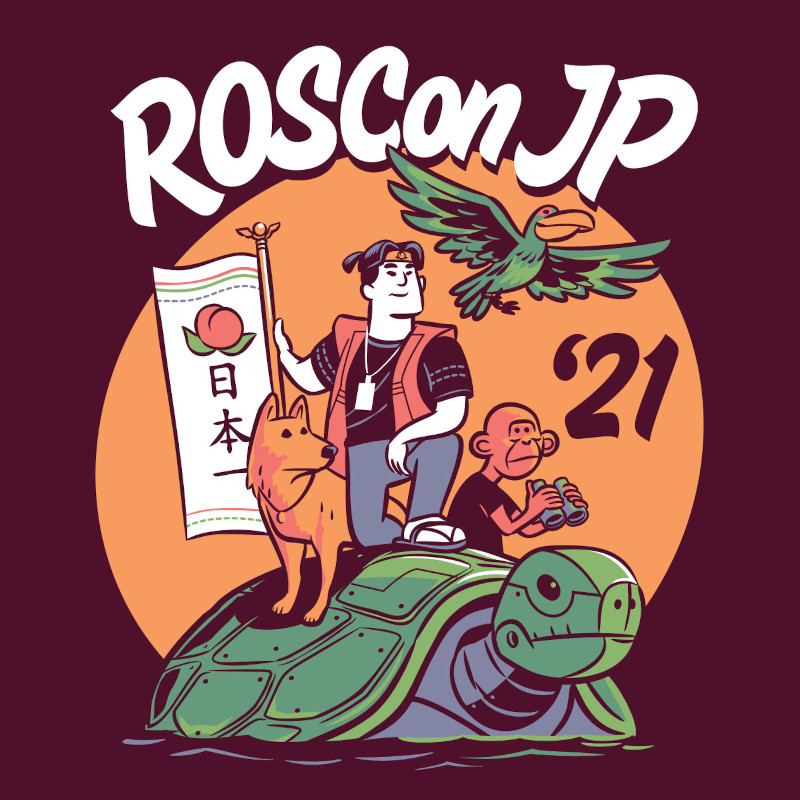Welcome to the ROS Community
Make Friends -- Build Robots
The ROS Community
The ROS community is a loosely affiliated collection of engineers and hobbyists from around the globe with a shared interest in robotics and open-source software. We like to say ROS is a federated community; meaning individuals create their own sub-communities based on common interests, a specific goal, or a shared language or geographical region. The core ROS source code is built and maintained by ROS PMC; but much of what makes ROS so special is built by other groups within the ROS community. This distributed approach to software development makes the ROS community resilient, and allows ROS to be adapted to a number of specialized use cases. Some people find this approach a bit confusing as they are used to more centralized software development, but they soon realize that allows every individual a chance to work on the things that matter most to them.
Most of the ROS community’s interactions take place on-line; but we do meet up in person somewhat regularly. If you are interested in developing software related to a particular topic you can join a ROS 2 working group or check out some of the other somewhat regular community events listed on our calendar. If you are new to robotics and you want a more comprehensive overview we also host a yearly conference called ROSCon. In addition to ROSCon, local ROS user groups put on local ROSCon’s in their local language to showcase their recent accomplishments. If you just want to see what’s happening this week take a look at Open Robotics Discourse; this is where most of the ROS community groups announce events and updates.
Our Sister Organizations
Many ROS groups have grown to the point where they are large enough to be considered their own standalone organization. Others, like OpenCV, the open-source computer vision library, have been complimentary projects to ROS for most of their lifetime. These organizations develop and maintain ROS source-code and packages that address some facet of robotics like manipulation or navigation. We’ve listed a few of these projects below, but new ones are forming and growing all the time. If you have a particular interest in robotics one of these groups can probably help you get started on your project.
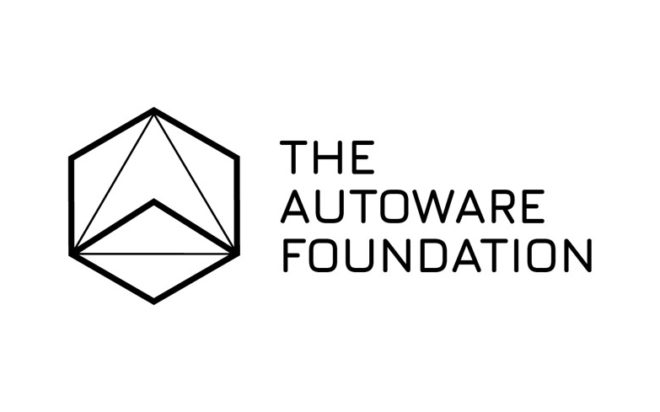
The Autoware Foundation
The Autoware Foundation is a ROS-affiliated non-profit organization supporting open-source projects enabling self-driving mobility. The Autoware Foundation creates synergies between corporate development and academic research, enabling autonomous driving technology for everyone.
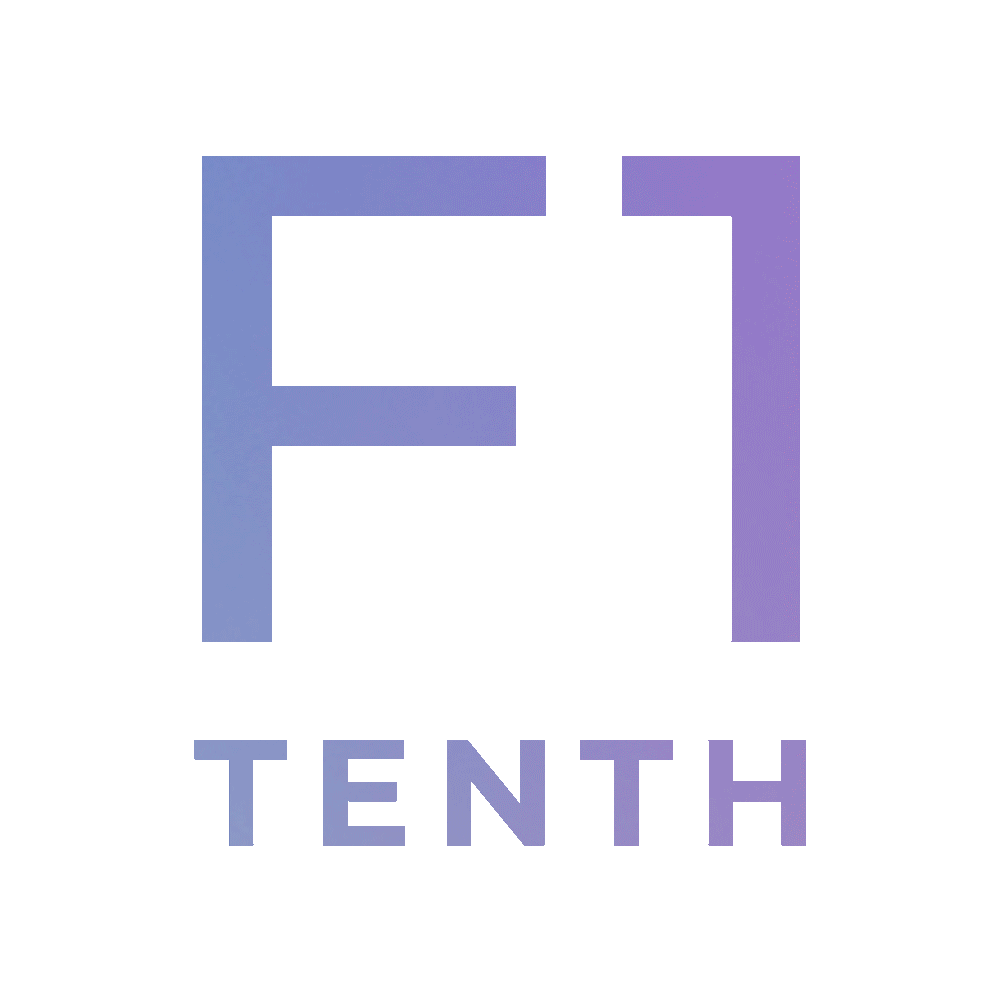
F1 Tenth
F1 Tenth F1TENTH is an international community of researchers, engineers, and autonomous systems enthusiasts. It was originally founded at the University of Pennsylvania in 2016 but has since spread to many other institutions worldwide. Their mission is to foster interest, excitement, and critical thinking about the increasingly ubiquitous field of autonomous systems.
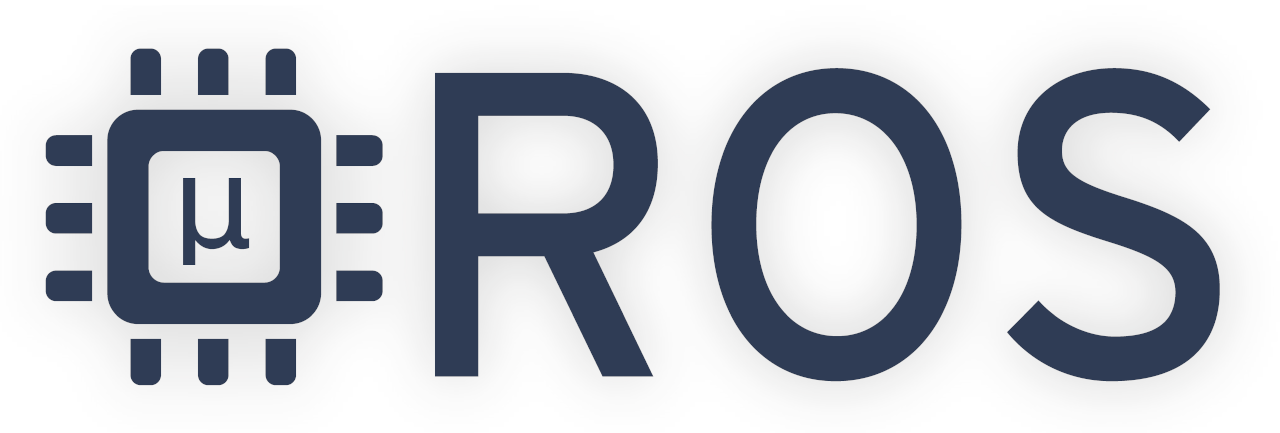
microROS
micro-ROS is bridging the gap between resource-constrained microcontrollers and larger processors in robotic applications that are based on ROS. micro-ROS runs on a wide variety of embedded hardware and brings ROS closer to robot hardware.

MoveIt
MoveIt is a set of ROS packages for forward and inverse kinematics and planning using ROS. Generally, these tools are used to build advanced behaviors for robot arms. MoveIt can now be used on most major robot arms and is used by many large companies.

Nav 2
The Nav 2 project is the spiritual successor of the ROS Navigation Stack. This project seeks to find a safe way to have a mobile robot move from point A to point B. It can also be applied in other applications that involve robot navigation, like following dynamic points. Nav 2 will complete dynamic path planning, compute velocities for motors, avoid obstacles, and structure recovery behaviors.
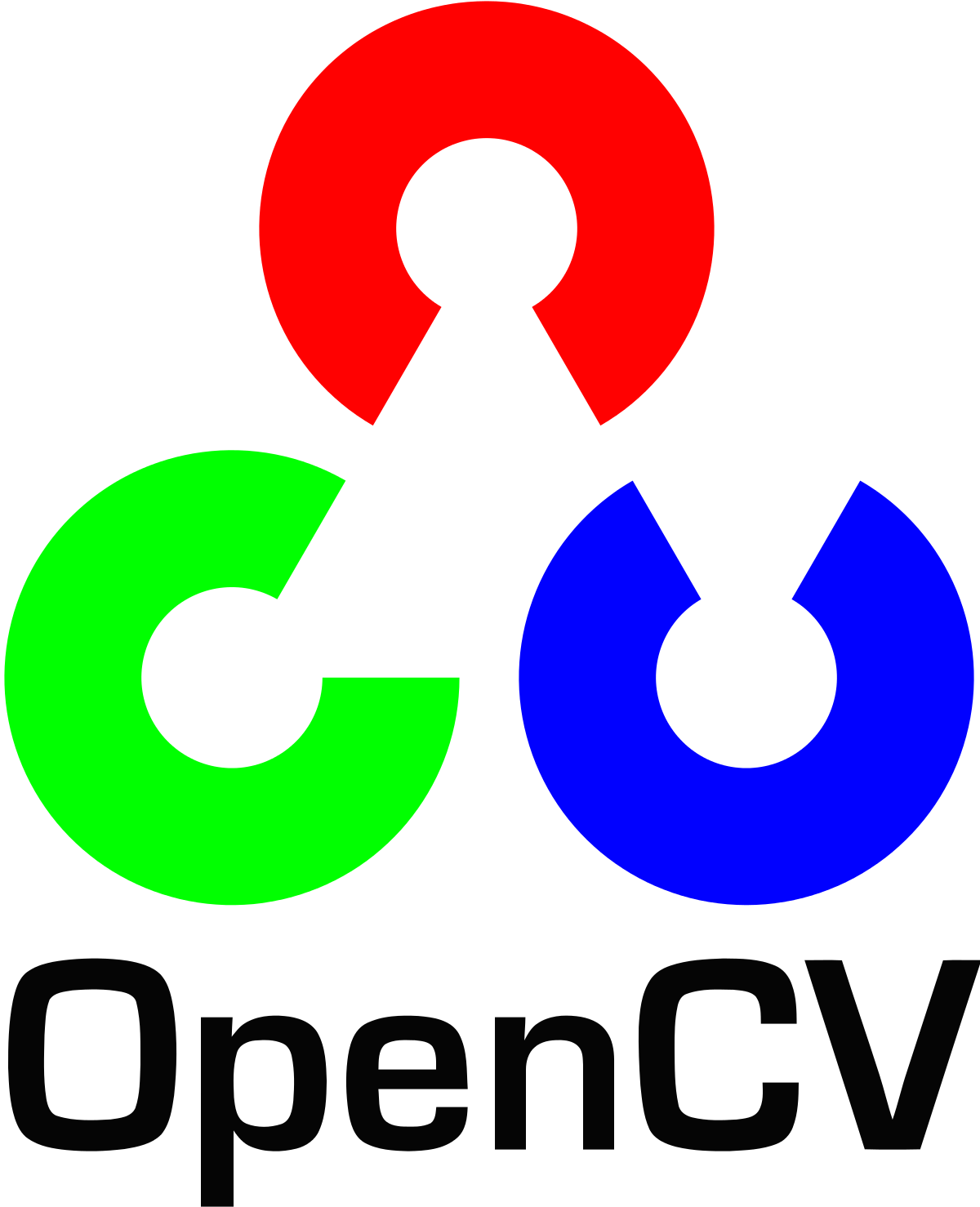
OpenCV
OpenCV (Open Source Computer Vision Library) is an open source computer vision and machine learning software library. OpenCV was built to provide a common infrastructure for computer vision applications and to accelerate the use of machine perception in the commercial products. Being a BSD-licensed product, OpenCV makes it easy for businesses to utilize and modify the code.
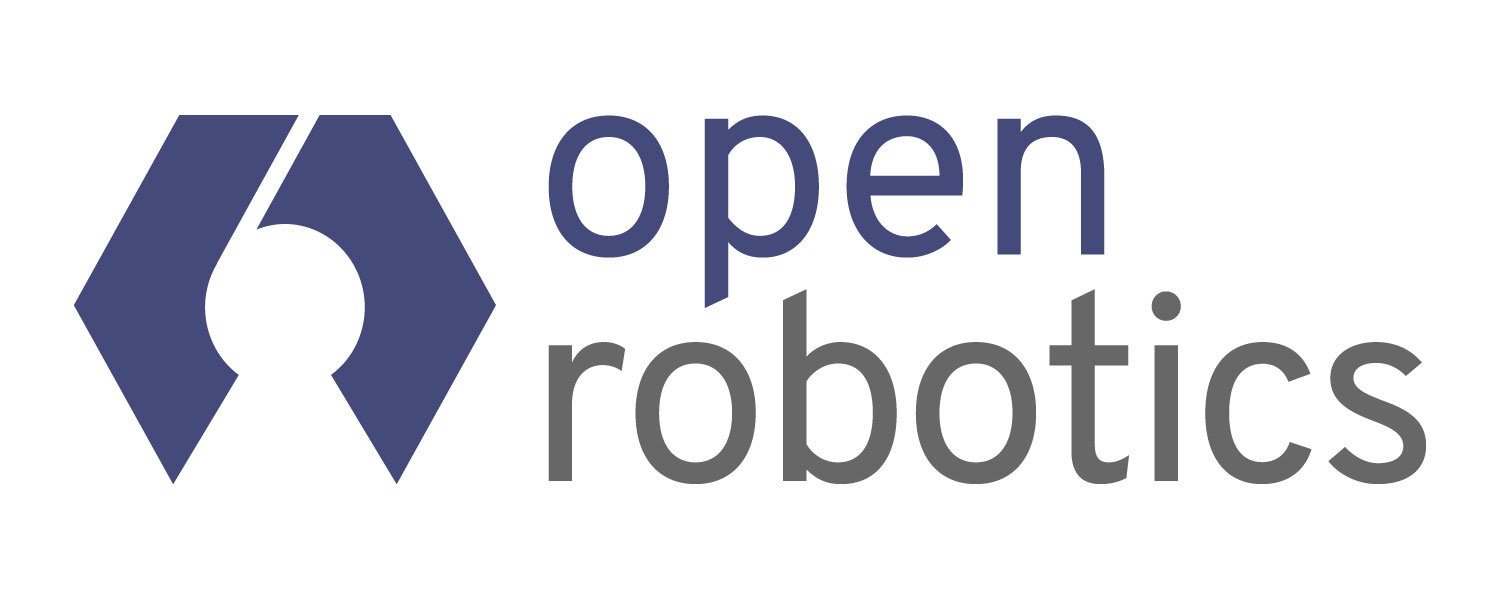
Open Robotics
Open Robotics works with the global ROS community to create open software and hardware platforms for robotics including ROS 1, ROS 2, the Gazebo simulator, and the Ignition simulator. Open Robotics uses these platforms to solve important problems and help others to do the same by offering software and hardware development services for a variety of client organizations.
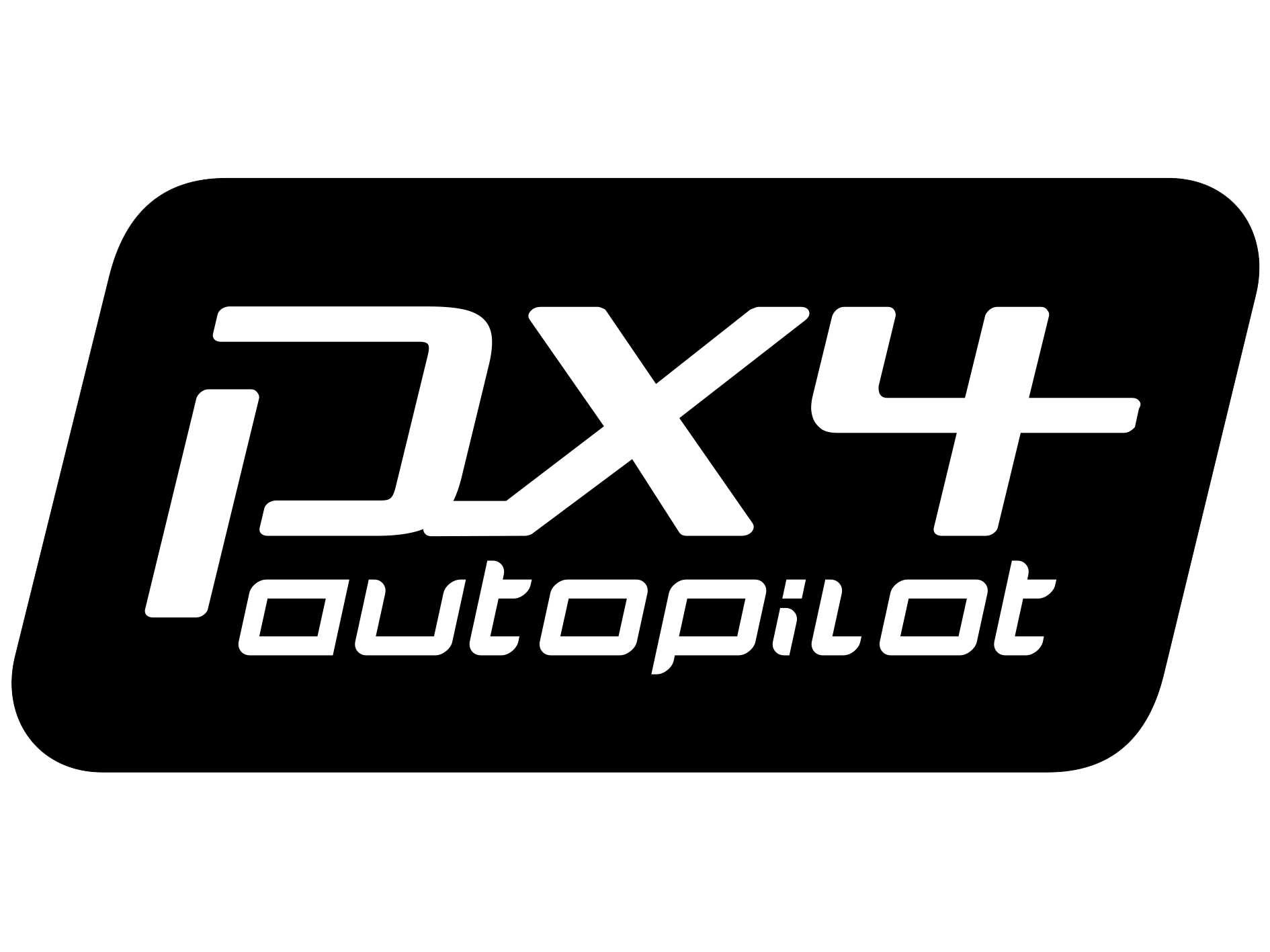
PX4
PX4 is an open source flight control software for drones and other unmanned vehicles. The project provides a flexible set of tools for drone developers to share technologies and to create tailored solutions for drone applications. PX4 is hosted by Dronecode, a Linux Foundation non-profit.
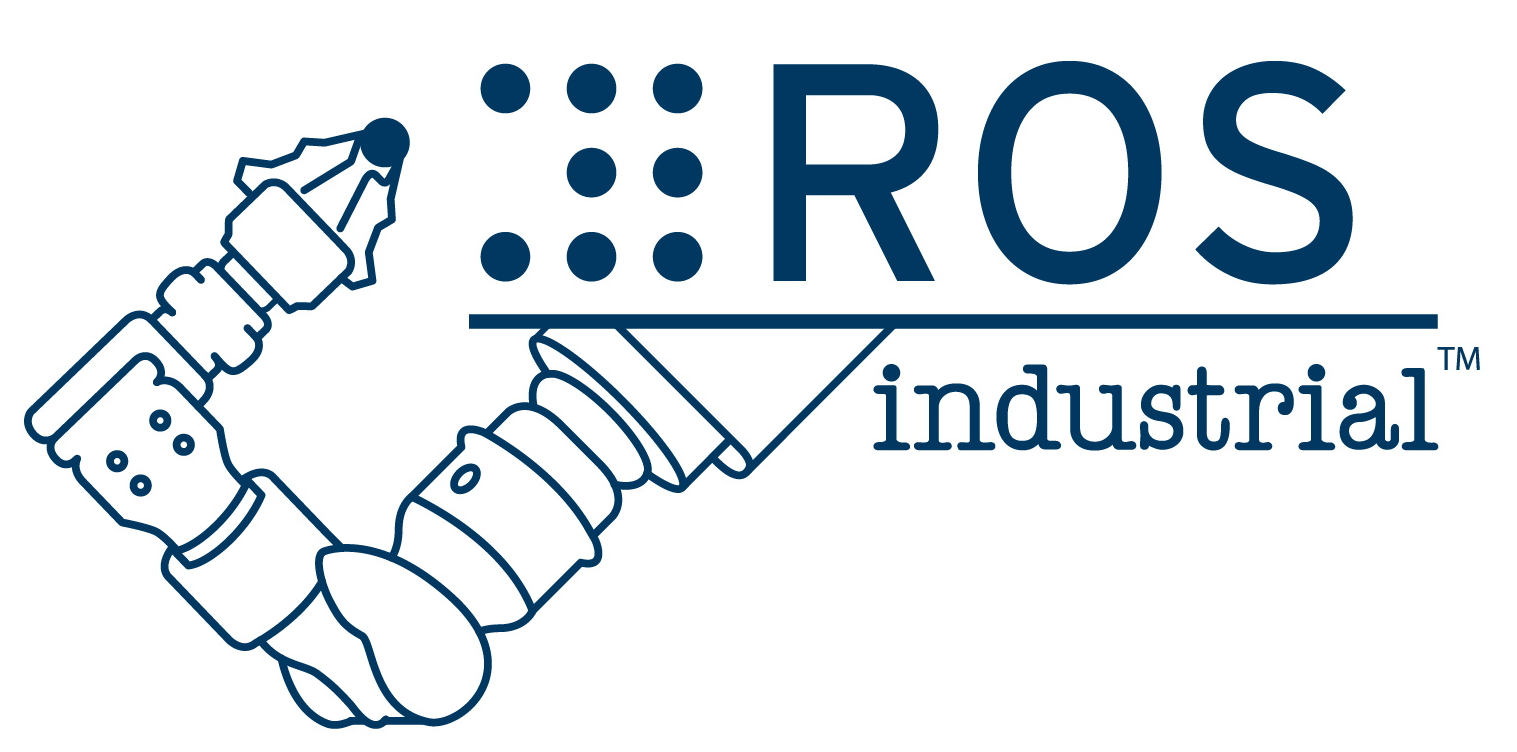
ROS-Industrial
ROS-Industrial is an open-source project that extends the advanced capabilities of ROS software to industrial relevant hardware and applications.

